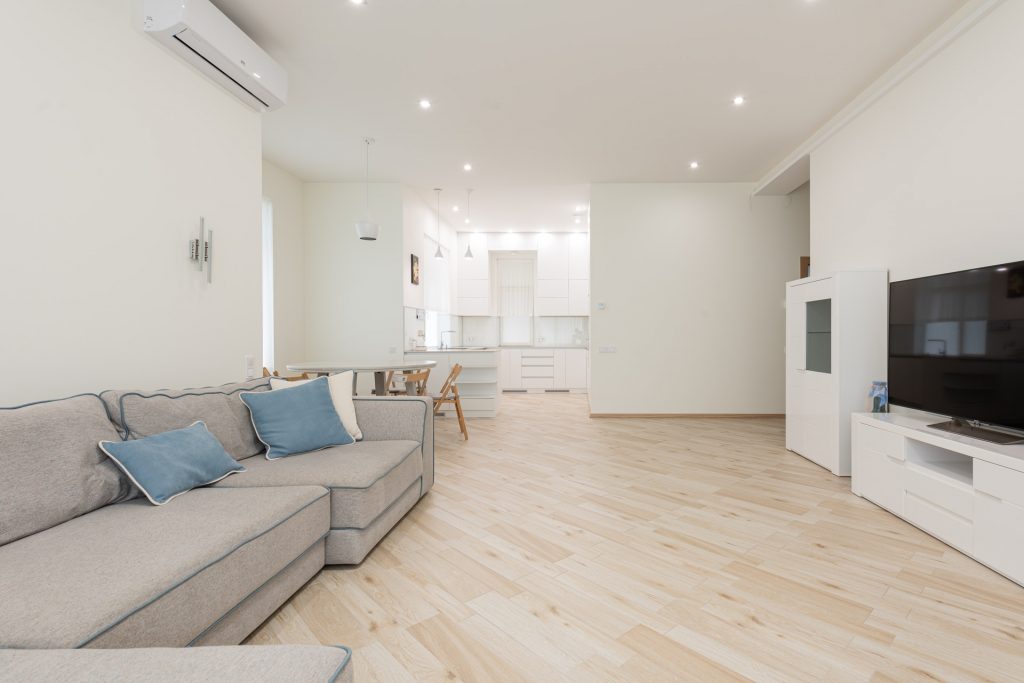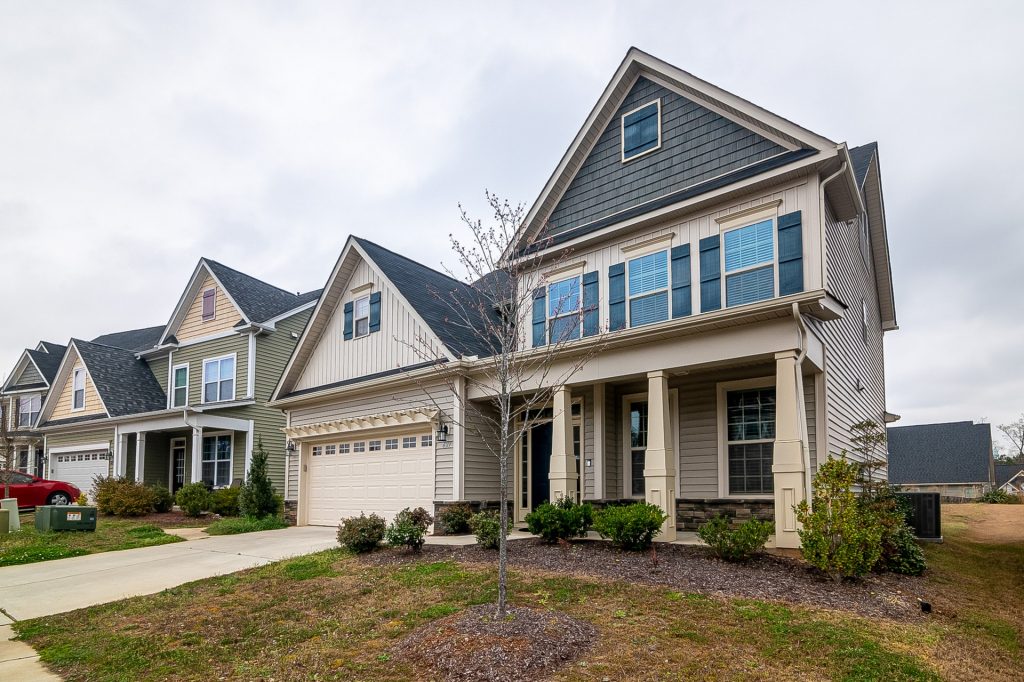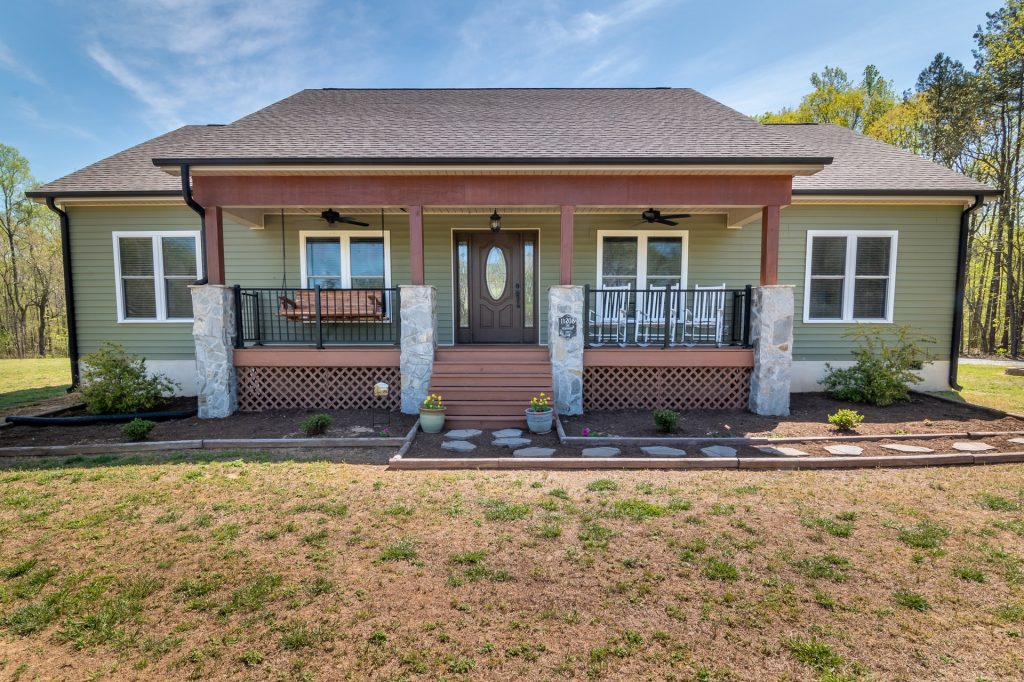
You’ve decided to sell your home yourself and decide to have an open house to show off the property. Potential buyers come and you get an offer. What now?
Qualifying Buyers
Your home is looking sharp and you’ve got the word out telling people about the open house. Now you need to be prepared to take action if a qualified buyer attends, likes your home and wants to buy it.
Most qualified buyers will have a strong lender letter. If one of them wants to buy, you can move on to the next step. There may be people who come to your open house who would like to buy but don’t yet have a lender letter. Let me suggest a mutually helpful alliance for dealing with that situation.
Call several lenders before you schedule your open house. Tell them you’re planning an open house and you’d like to have a lender on hand to help buyers (even if they don’t want to buy your home) figure out what they can afford. Tell them you’d also like them to help you evaluate any lender letter you’re offered by a potential buyer. Choose the lender you feel most comfortable with and work out a mutually acceptable date for your open house.
You can introduce all attendees at your open house to the lender. This often proves to be helpful to you, some of the buyers who attend and can be a source of additional loans for the lender. Everybody wins.
Be Prepared for Action
You need to know how you want to handle a contract should someone want to make an offer. Do you have an attorney who will draw it? Are you going to suggest using a contract form? If so, have one on hand. Do you have a specific settlement company you’d like to use? Do your homework and think these things through in advance. Buyers may have ideas and connections of their own. You should consider any reasonable suggestion a potential buyer makes, but be prepared with your own approach if the buyer isn’t sure how to proceed. The point is to plan your course of action in advance.
In Closing
FSBO sellers often worry whether anyone will attend their open houses. They are then happily surprised when people arrive. Such happiness can turn to embarrassment when an offer is made and the FSBO seller isn’t sure how to handle it. If you think positively and prepare, this need not happen to you.



